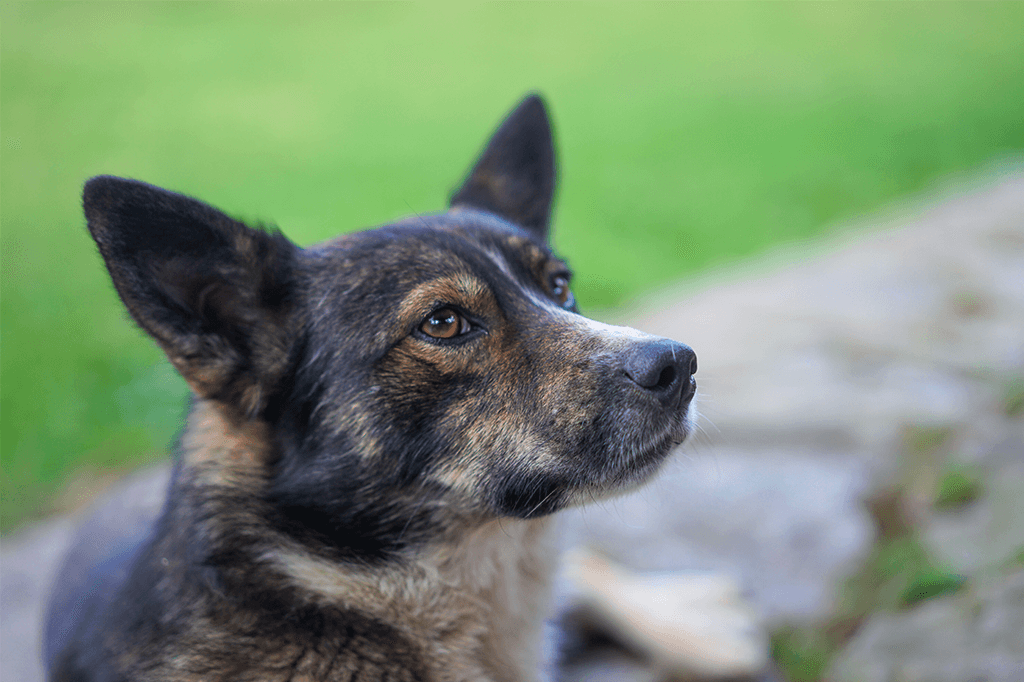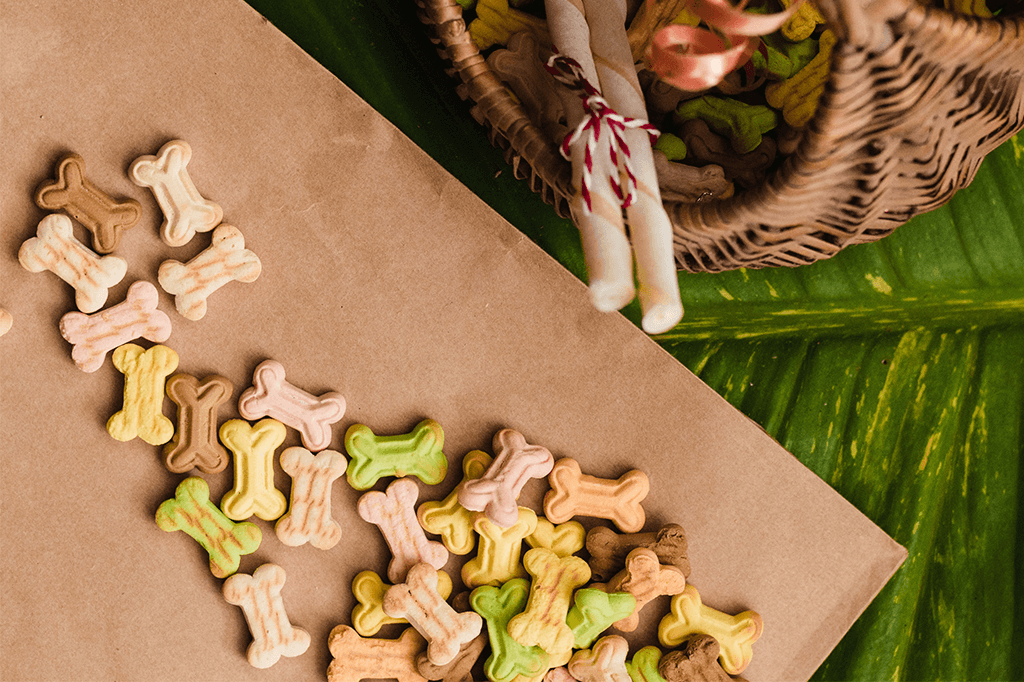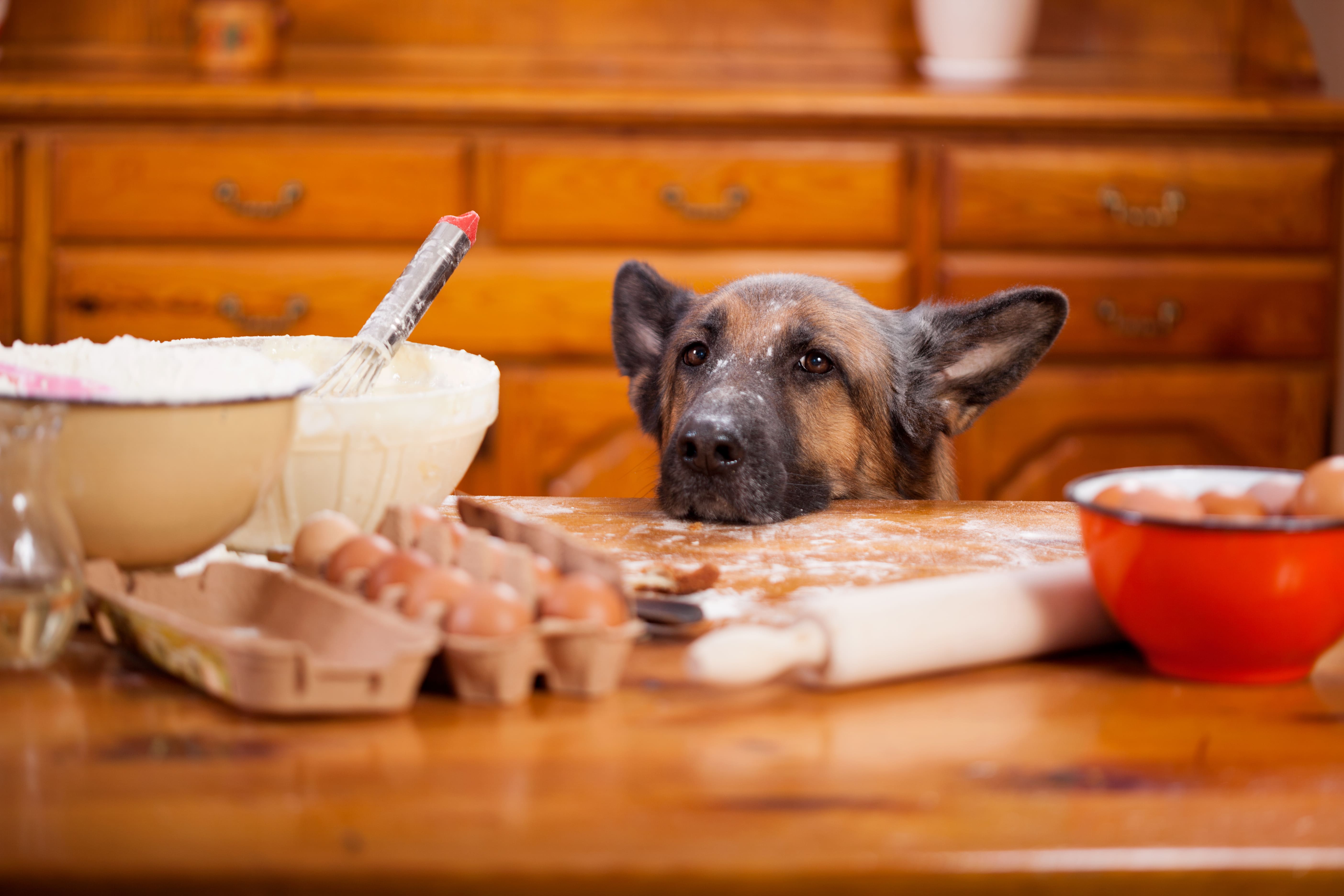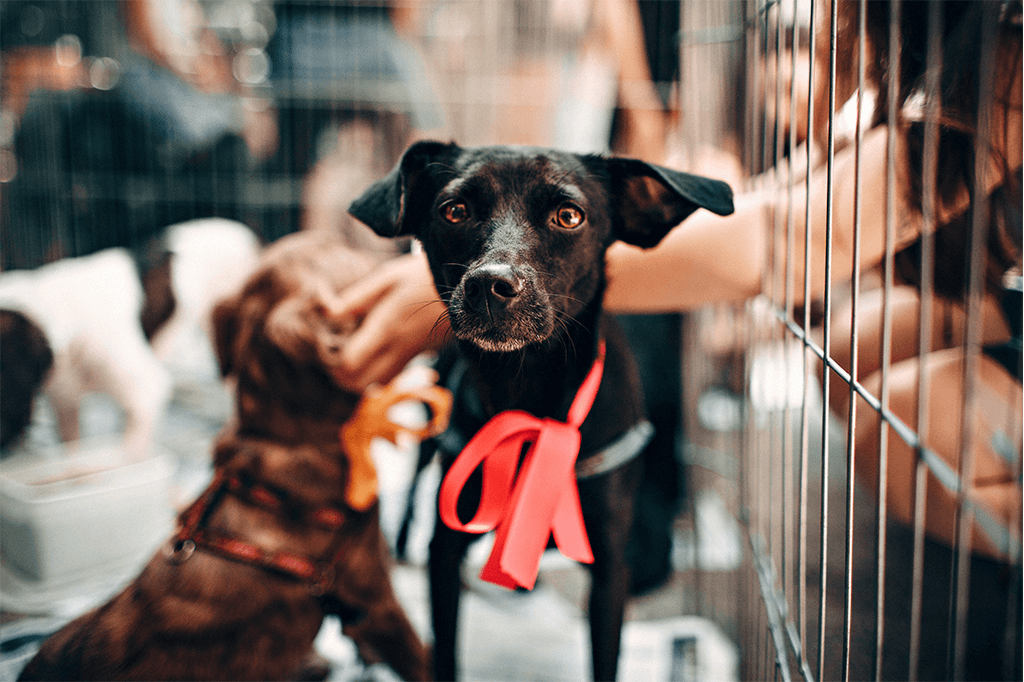Put a Stop to Puppy Mouthing
When a puppy is still young, puppy mouthing is completely normal behavior. After all, this is how a puppy explores the world, interacting with different objects.
However, while puppy mouthing may be necessary during the earliest stages of your pup’s life, this isn’t something that should continue on into adulthood.
Why?
Because an adult dog is much stronger and heavier. What used to be gentle puppy mouthing can unintentionally cause injury as a dog grows up. Plus, puppy teeth themselves can be quite sharp, especially if they come into contact with a child’s skin. This is why it is so important to put a stop to puppy mouthing once your pup is a couple of months old.
Bite Inhibition
Bite inhibition is the ability that a dog has to control how hard he mouths and nips. This is usually something that a pup will learn from his mother, as well as his littermates.
How?
Well, when a puppy bites another pup too hard, that other pup will usually let out a yelp and immediately stop playing. This causes the first puppy to stop playing too, teaching him that biting too hard puts an end to the fun.
This is a method that you can copy when teaching bite inhibition to your puppy…
When your puppy mouths you, yelp in the same way that a pup would. Make sure that you immediately stop playing too, leaving your hand to go limp.
Your dog will likely stop too, if only for a second. Make sure that you quickly praise your dog as soon as he has stopped, and then immediately carry on playing.
It will take quite a bit of repetition, but it won’t be long before your puppy soon learns not to mouth.
Already tried this method with no success?
Instead of letting your hand go limp, try putting a stop to the play altogether. Walk away from your puppy after you have yelped. Then, wait for your pup to remain calm for about half a minute or so, before returning to play.
This will help to reinforce the idea that mouthing is bad, but playing in a gentle way is good.
Provide a Safe Alternative
While many puppies mouth while playing, others do this simply because its an instinctive behavior. Puppies have a natural urge to chew and bite.
If you don’t want this urge to be carried out on you, or any of your belongings, then you will need to provide your pup with a safe alternative.
What sort of things should you give your pup to gnaw on?
Try some of the following:
-
Activity treat balls
-
Bully sticks
-
Rope toys
-
Squeaky toys
Don’t forget, every puppy is different when it comes to the things he enjoys chewing on. Make sure that you try a few different chews and toys until you have found some that you know your puppy genuinely enjoys.
Remove the Temptation
Many puppies only mouth when they are playing certain games.
So, to prevent puppy mouthing, simply stop playing those games. For most pups, these involve rough play games, such as wrestling.
There are many other non-tactile games that you can substitute this with. Try playing tug of war, or a game of fetch. Introducing your dog to other pups his age will also help your pup to release all of that energy, making him less likely to mouth you when you get home.
Make sure that you also never tease your puppy with your fingers or your hands. Even using an item of clothing can only end up encouraging the mouthing.
Is your puppy mouthing your belongings as well as your skin?
This is another temptation that you should remove.
Make sure that all of your belongings are well out of your puppy’s reach, in the same way that you would baby-proof a house if you were bringing a new baby into it. Baby gates and other types of barriers can also be useful to limit your pup’s access to certain parts of the house until you have the puppy mouthing under control.
Basic Obedience Training
Giving your pup a treat or a toy as a distraction is always a good idea, but what happens when you don’t have a treat or a toy around?
This is where basic obedience training comes in…
This will give you an extra tool when it comes to distracting your pup. By teaching your puppy various commands and tricks, you will be able to use these to encourage your pup to control his impulsive behaviors.
Wondering what basic obedience training involves?
Teach your puppy the following commands:
-
Sit
-
Stay
-
Lie down
-
Recall
-
Leave it
When it comes to puppy mouthing, the two most-useful do tend to be “sit” and “leave it”.
Once you have these commands cemented into your pup’s brain, your puppy should automatically listen to you each time you say one of them, even if they happen to be mouthing at the time.
Don’t forget, each time your puppy stops mouthing to listen to your command, make sure that you provide plenty of praise, and even a treat. This will really help to reinforce that good behavior.
Don’t Punish Puppy Mouthing
As mentioned earlier, mouthing is an instinctive behavior.
Your puppy isn’t doing this on purpose, meaning that puppy mouthing isn’t something that can be stopped immediately.
For some pups, it takes quite a bit of time to ease away from the mouthing. Punishing your puppy for not learning this fast enough will definitely not help the situation. Instead, it is likely to just make your puppy fearful of you, especially when your hands are near your pup’s mouth. This could make certain situations quite tricky in the future, from vet visits to being able to remove a dangerous food item from your dog.
Rather than punishing your puppy for unwanted behavior, focus on rewarding your puppy for positive behavior instead. This will give you so much more success in the long run.
Although puppy mouthing is a natural behavior, this is something that you need to take control of quite early on. Fortunately, with plenty of consistency, it doesn’t take long at all to put a stop to puppy mouthing, even for the more playful pups out there!



